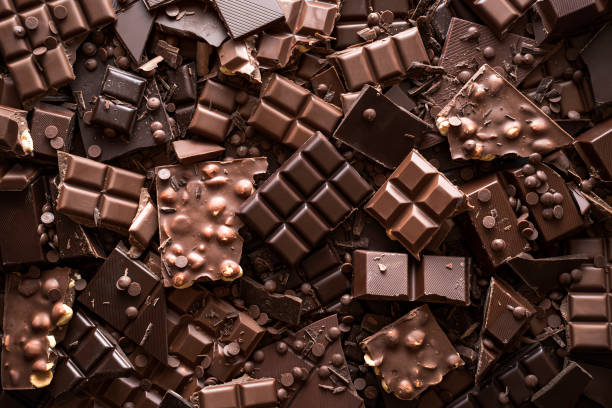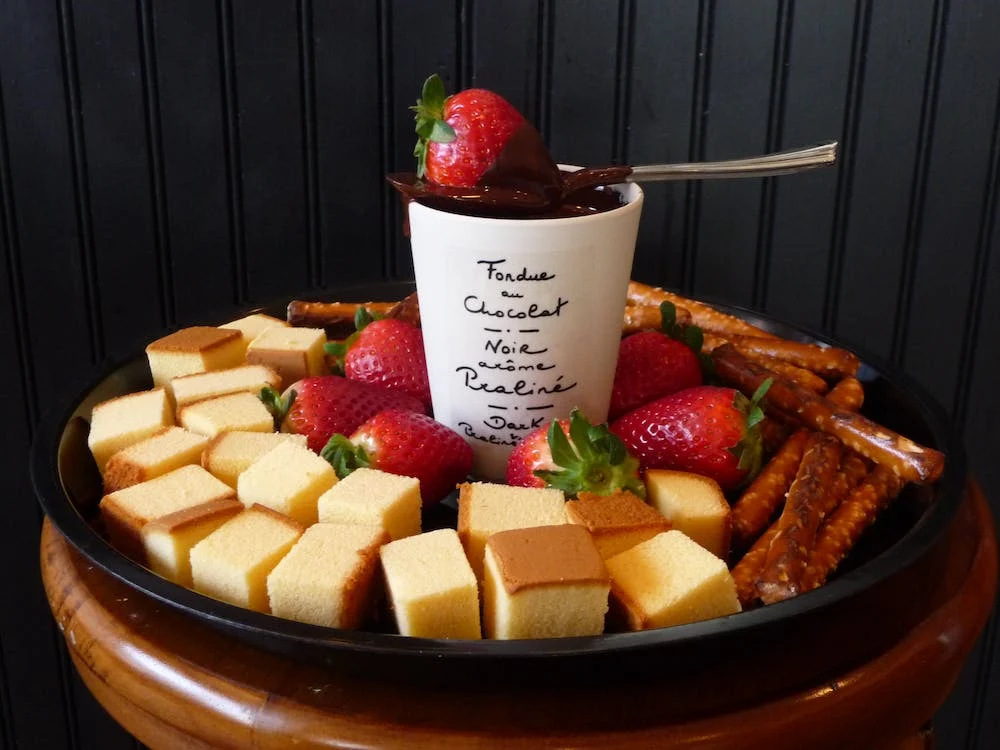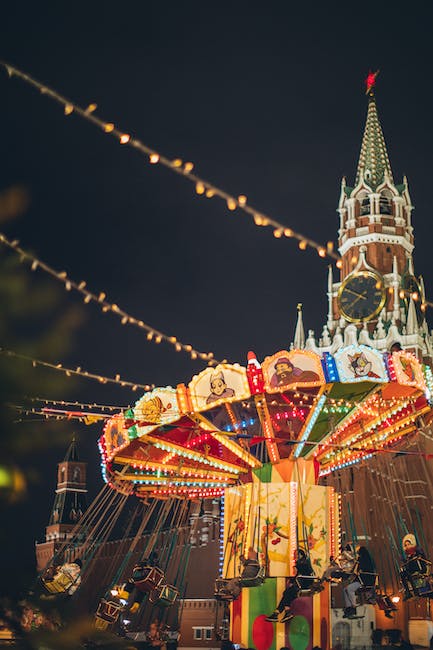At the heart of cultural heritage and tradition lies the celebration of cultural practices that make a community unique, from its history and art to its food and festivities. And what better way to experience the taste of tradition than through the decadent and delectable indulgence of chocolate?
Chocolate festivals are an excellent way to showcase a community’s diverse cultures and rich histories while tantalizing the taste buds of chocolate lovers everywhere. These festivals bring together local chocolatiers, bakers, and artisans to share their creations, not only as a culinary treat but also as a reflection of the region’s cultural diversity.
The Cultural Significance of Chocolate
For centuries, chocolate has played a significant role in the culture and tradition of many societies worldwide. From the ancient Aztec and Mayan cultures of Central and South America, who believed that chocolate was a sacred gift from their gods, to the modern-day confectionary industries of Europe and the United States, chocolate has remained a symbol of luxury, indulgence, and cultural identity.
In many cultures, chocolate is still regarded as a delicacy reserved for special occasions, religious ceremonies, and important social events. These cultural traditions are often tied to the production and consumption of chocolate, with specific customs and rituals that vary from one society to another.

Celebrating Cultural Heritage through Chocolate Festivals
Chocolate festivals are an opportunity to showcase a community’s cultural heritage and traditions through the lens of a sweet and indulgent treat. From the traditional recipes passed down through generations to the contemporary fusions of flavors and techniques, chocolate festivals offer a unique and immersive experience for visitors to learn about the rich history and culture of the community.
Visitors can sample various chocolate products at a chocolate festival, from artisanal chocolates to hot chocolate and chocolate desserts. These events also feature workshops and demonstrations by local chocolatiers and bakers, providing an opportunity to learn about the process of making chocolate and its cultural significance.

Chocolate Festivals as a Platform for Cultural Tourism
In recent years, chocolate festivals have become a platform for cultural tourism, drawing visitors from all over the world to experience the unique tastes and traditions of different cultures. These festivals allow local businesses and artisans to showcase their products to a broader audience, promoting economic growth and development in the community.
Through marketing and promotion, chocolate festivals can also help raise awareness of a region’s cultural heritage and attract visitors interested in experiencing the local culture and traditions. This creates a mutually beneficial relationship between tourism and the community, as the visitors gain a unique and immersive cultural experience. In contrast, the community benefits from economic growth and exposure to a broader audience.

The Future of Chocolate Festivals
As the world becomes more globalized, preserving and promoting cultural heritage and tradition becomes more critical. Chocolate festivals are an excellent way to celebrate and share a community’s rich history and culture while providing visitors with an immersive and indulgent experience.
As the demand for cultural tourism continues to grow, we expect to see more chocolate festivals worldwide, providing a unique and delicious platform for cultural exchange and celebration.
Conclusion
In conclusion, chocolate festivals celebrate a community’s diverse cultures and traditions, providing a unique and immersive experience for visitors to learn about the cultural significance of chocolate. These festivals also significantly promote cultural heritage and tradition, giving local businesses and artisans a platform to showcase their products and attract visitors interested in experiencing the local culture. As the demand for cultural tourism grows, we can expect to see more chocolate festivals worldwide, providing an indulgent and delicious way to celebrate and share different communities’ rich history and culture.
FAQ’s
- What is a chocolate festival? A chocolate festival is an event that celebrates the diverse cultures and traditions of a community through the lens of chocolate. It brings together local chocolatiers, bakers, and artisans to showcase their chocolate creations, as well as workshops and demonstrations to teach visitors about the process of making chocolate.
- What is the significance of chocolate in cultural heritage and tradition? Chocolate has played a significant role in the culture and tradition of many societies worldwide for centuries. It is still regarded as a delicacy reserved for special occasions, religious ceremonies, and critical social events in many cultures. These traditions are often tied to the production and consumption of chocolate, with specific customs and rituals that vary from one society to another.
- How do chocolate festivals promote cultural heritage and tradition? Chocolate festivals provide local businesses and artisans with a unique platform to showcase their products and foster a community’s cultural heritage and traditions. They offer a variety of chocolate products, from artisanal chocolates to hot chocolate and chocolate desserts, providing an immersive and indulgent experience for visitors to learn about the rich history and culture of the community.
- How do chocolate festivals attract visitors and promote tourism? Through marketing and promotion, chocolate festivals can help raise awareness of a region’s cultural heritage and attract visitors interested in experiencing the local culture and traditions. This creates a mutually beneficial relationship between tourism and the community, as the visitors gain a unique and immersive cultural experience. Conversely, the community benefits from economic growth and exposure to a broader audience.
- What is the future of chocolate festivals? As the demand for cultural tourism continues to grow, we expect to see more chocolate festivals worldwide, providing a unique and delicious platform for cultural exchange and celebration. They will play an essential role in preserving and promoting cultural heritage and tradition, providing an indulgent and immersive experience for visitors to learn about different communities’ rich history and culture.
